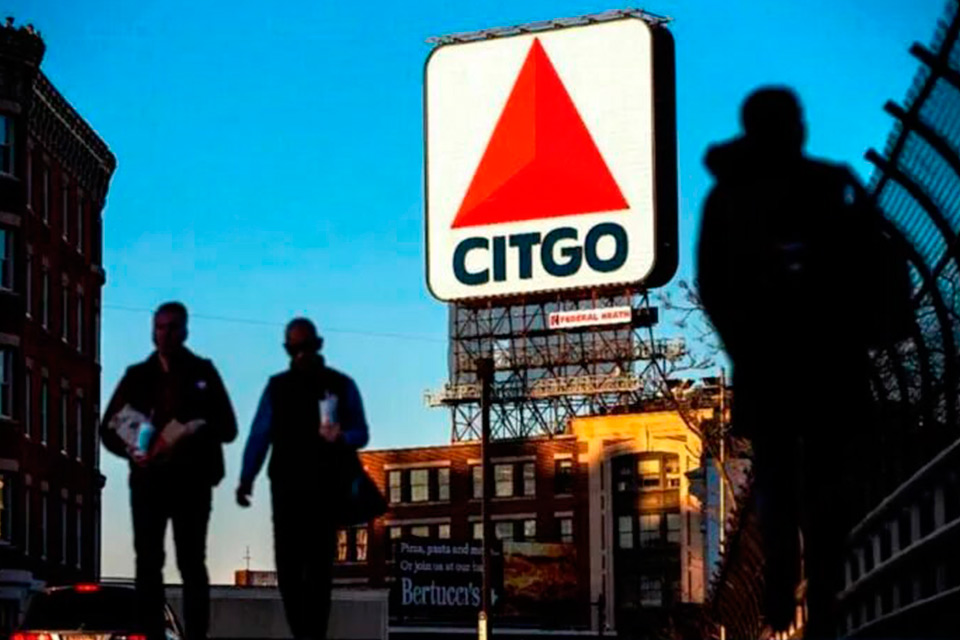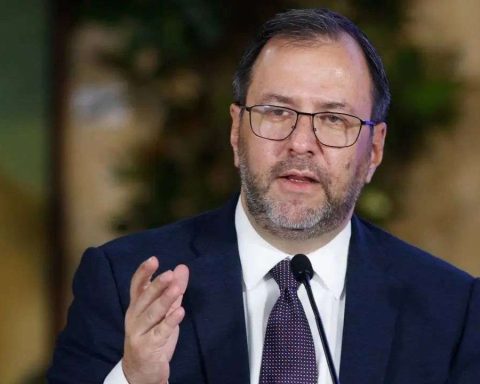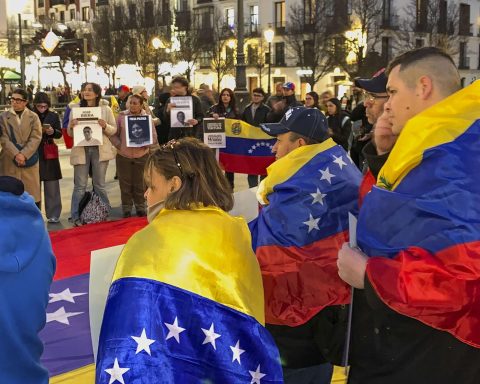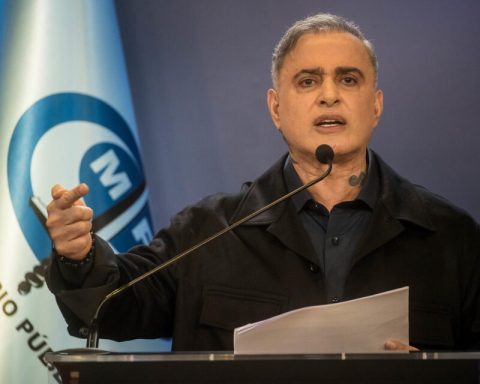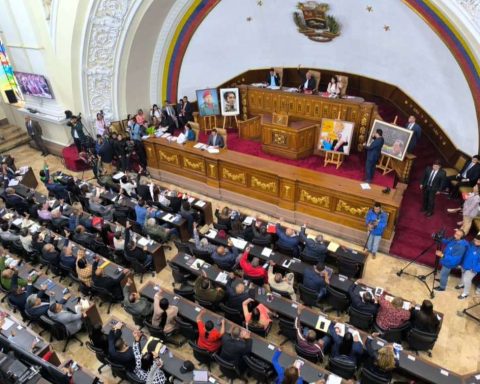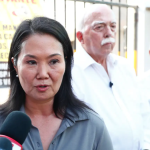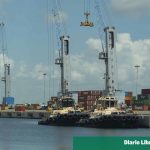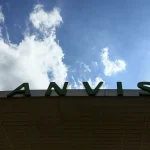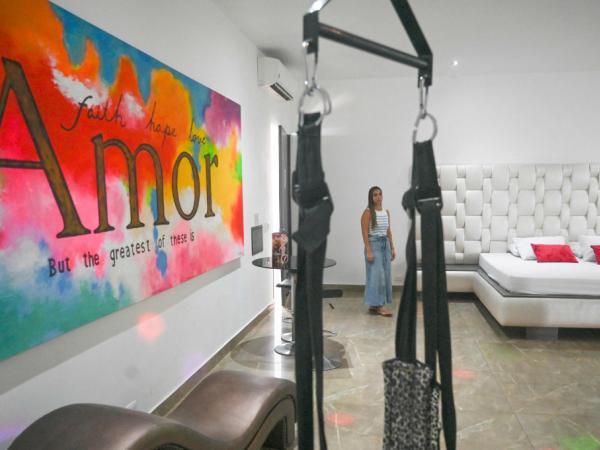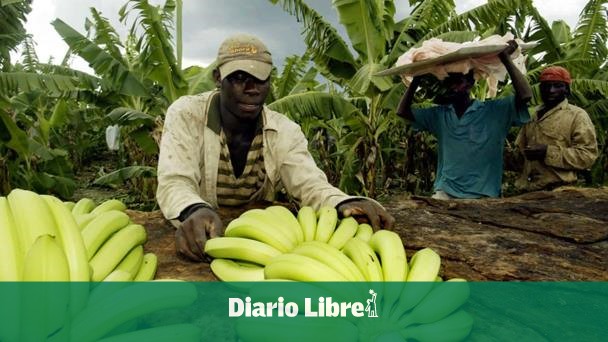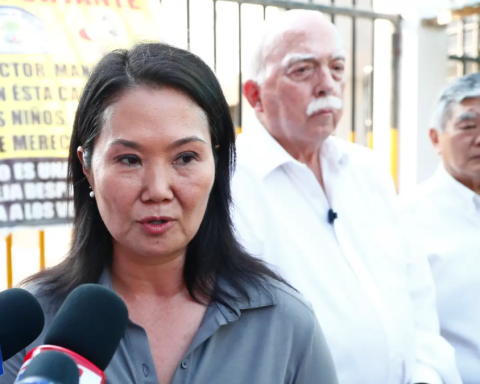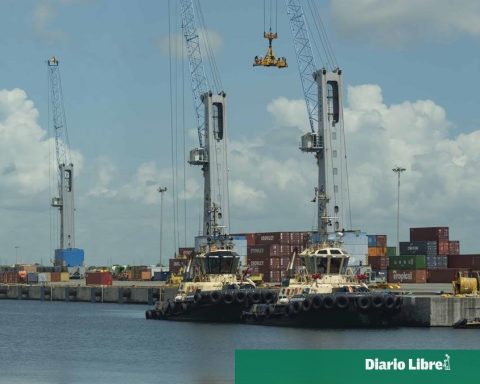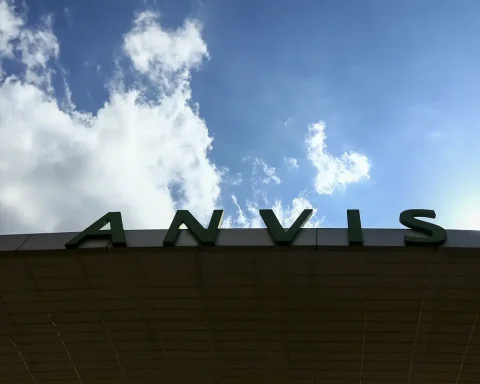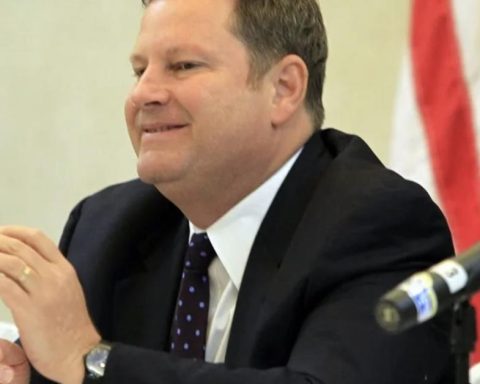The ad hoc administrative board of Petróleos de Venezuela affirms that Citgo continues to be a Venezuelan asset, but remembers that the forced sale process is still in force and that the resolution of multiple and complex procedural issues is still pending and that the lawsuits are liability for damages caused by Hugo Chávez and Nicolás Maduro
The ad hoc administrative board of Petróleos de Venezuela, SA (Pdvsa) denies the accusations of the National Assembly elected in 2020 regarding the alleged theft from Citgo. “We want to emphasize that these accusations are unfounded and distort the reality of the situation that Citgo and Venezuela’s assets abroad are going through,” explains a release.
In the same way, it is explained that the situation since 2018 is that “the Delaware Court agreed to an embargo on Pdvsa’s shares in PDV Holding (Pdvh), indirect owner of the Citgo refinery, due to obligations caused by the expropriation against the company. Canadian Crystallex, today associated with the Tenor Capital Fund, executed by Hugo Chávez in 2011.
The document issued by the ad hoc administrative board of PDVSA emphasizes that in addition to this judicial process, more than 20 creditors have joined with judgments against the Republic and the state oil company for more than 20 billion dollars and clarify that “all the demands have “have been carried out due to debts or damages caused by the regime of Chávez and Nicolás Maduro.”
As the Ad Hoc Administrative Board of PDVSA, we deny the false accusations of the illegitimate National Assembly of 2021, regarding the alleged “theft” of CITGO.#PDVSAAdHoc #CITGO #Venezuela pic.twitter.com/kFiYvZr79a
— PDVSA AD HOC OFFICIAL (@PDVSA_AdHoc) October 25, 2024
«We give an absolute guarantee that, in this process, there is no cause of debt or claim generated after the year 2019. To collect these claims and embargoes, a Delaware court under the direction of Federal Judge Leonard Stark, is executing a process of Forced Sale whose final purpose is the payment of debts generated by the Chávez and Maduro regimes,” he reiterates.
It details that the forced sale process is still in force and that the resolution of multiple and complex procedural and commercial issues, such as objections and an eventual appeal by the Venezuelan parties, is still pending and highlights that Venezuela, represented by the National Assembly elected in 2015, “It has reserved the right to present some alternative mechanism to satisfy debts and avoid forced sales, once the democratic transition has been achieved.”
*Read also: US Justice formally accuses Gorrín of laundering $1.2 billion linked to PDVSA
From the ad hoc administrative board of Petróleos de Venezuela they affirm that Citgo continues to be a Venezuelan asset and deny the alleged theft and indicate that ignorance of the results of the presidential elections of July 28 hinders possible solutions to preserve these assets.
The ad hoc board urges Venezuelans not to be fooled by disinformation campaigns by the authorities because they say their only “objective is to hide their own responsibility in the destruction of the hydrocarbon industry.” They assert that they are willing to defend their management both nationally and internationally to make it clear that the Maduro administration is responsible for the current situation.
Post Views: 687
